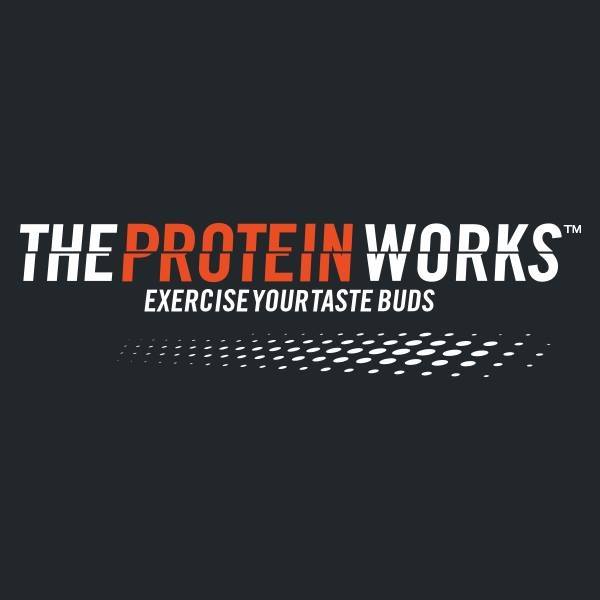
Prepare To Succeed In The Gym
The right nutrition and cutting edge supplements will of course help you get the results you want but there are also other elements that must be considered when you’re preparing to succeed in the gym. Here we take a look at those that are considered most important so you can then plan accordingly and maximise your results.
Sleep and Recovery
Whilst it’s important to focus your efforts in the gym, to really get the results you want you have to also focus your efforts outside the gym too. The best example of this is sleep and how it’s absolutely essential to your training since it’s during this time that the muscles repair and regrow, also your body increases its output of growth hormone (a muscle building hormone) and lastly you also replenish critical neurotransmitters such as dopamine, adrenalin, noradrenalin, acetylcholine and more that are all needed for motivation, focus and overall energy levels.
In conclusion experts recommend between 7-8 hours of sleep however sport scientists at the Sports Science Institute of South Africa at the University of Cape Town Medical School state that athletes may require more due to the stress placed on their bodies during training, therefore it may be advisable to have anywhere between 8-10 hours sleep, or on weekends to turn your alarm clock off and wake up naturally since your body might just need those extra few hours.
Break Training Plateaus
You’re not always going to be able to go to the gym and lift more weight on your 1 rep max every time you go or take a hundredth of a second off your 60m sprint time every week. Therefore it’s important to know that plateaus are just a part of training and you should have plans in place should you experience one. One way of coping with them is to change the training stimuli and the goals you have. For instance if you’ve found you simply can’t put any more weight on your bench press no matter how hard you try, maybe try changing the weight as the stimulus and instead try ‘shocking’ the muscles with more sets, more reps, less rest time, maybe incorporate some resistance band work into your routine or include some drop sets or increase the range of motion by performing press ups on elevated platforms. These are just some examples and there are thousands but the main lesson to take from this is to know everyone has training plateaus and sometimes you just have to train smarter, not harder.
Change Your Training Routine
Whether it’s using machines instead of free weights (or vice versa) or using a different ‘split routine’ it’s important to mix things up and keep the body constantly guessing and adapting. Since different machines and angles recruit different muscles fibres and a certain muscle may have an ability to work well in one range but not another. The same can also be said for the intensity of your workout as well. ‘Intensity’ refers to the percentage of your 1 repetition maximum (this is simply the absolute most amount of weight you can complete 1 rep with). So if one day you work at 90% of your 1 rep max (this is where you complete as many reps as you can with 90% of your 1 rep max) this could be considered quite a heavy training session with a real emphasis for improving strength as a fitness component.
However if during another session you worked to 75-85% of your 1 rep max you will perform more repetitions before you fail compared to working at 90% and instead of targeting strength gains you’ll be emphasising muscular hypertrophy more (this is the process by which muscles get bigger in size). Another day you might want to concentrate more on muscular endurance and so you will work at 50-75% of your 1 rep max. Basically it’s important to note you can’t go to the gym every time and work at 90% of your 1 rep max since this puts too much strain on the body and you may over train, so know and understand about intensities and make the relevant changes to your training.






No Comments yet!